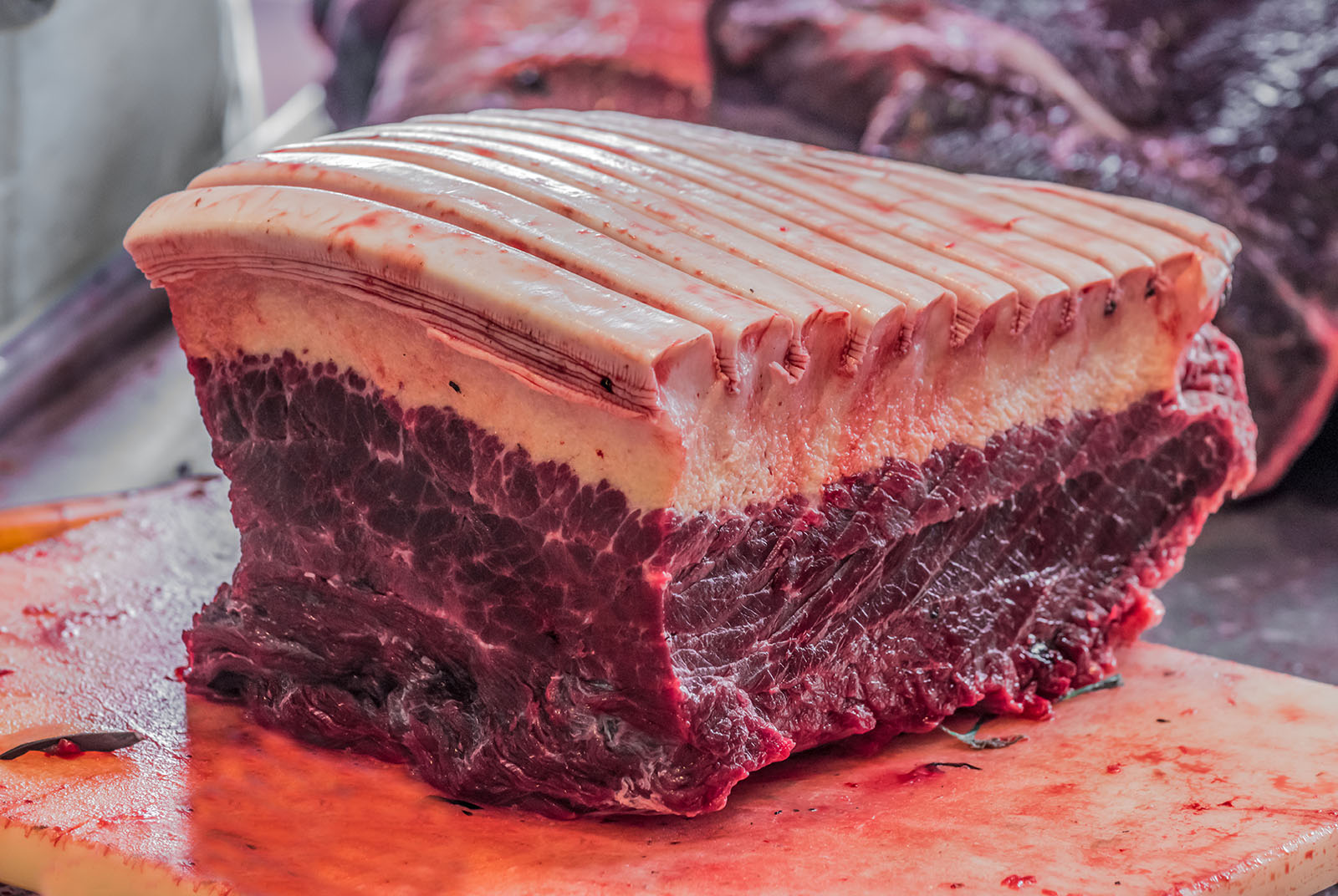
< Back
blubber
Definition
Blubber is a thick layer of fat that is found under the skin of many marine mammals, such as whales, seals, and walruses. Blubber helps to insulate these animals from the cold water, and it also provides them with a source of energy.
Blubber is made up of a type of fat called triglycerides. Triglycerides are composed of three fatty acids attached to a glycerol molecule. The fatty acids in blubber are mostly saturated, which means that they have no double bonds. Saturated fats are solid at room temperature, which helps to insulate blubber and keep marine mammals warm.
Blubber also contains a small amount of water, which helps to keep the fat from becoming too hard. The water content of blubber varies depending on the species of marine mammal, but it is typically around 10%.
Blubber is an important adaptation for marine mammals that live in cold water. It helps them to stay warm and it also provides them with a source of energy. Without blubber, these animals would not be able to survive in the cold water.
How can the word be used?
The hunters killed the whale and stripped off its blubber.

Different forms of the word
Noun:
blubber (a thick layer of fat found under the skin of whales, seals, and other marine mammals).
Adjective:
blubbery (resembling or consisting of blubber).
Verb:
to blubber (to cry or sob loudly).
Etymology
The word “blubber” comes from the Middle English word “blobber”, which means “to swell or bulge”. It first appeared in English in the 15th century, and it was originally used to refer to any fatty or spongy substance.
Question
How does blubber help an animal?
AQA Science Exam Question and Answer
Question:
Define "blubber" and explain its importance to certain marine animals.
Answer:
Blubber is a thick layer of fat found under the skin of certain marine animals, such as whales, seals, and walruses. It serves as an essential adaptation, providing insulation and energy storage, which is crucial for these animals to survive in cold aquatic environments. The blubber layer helps them maintain a stable body temperature, insulates them from the cold water, and acts as a reserve of energy during periods of fasting or when food is scarce.